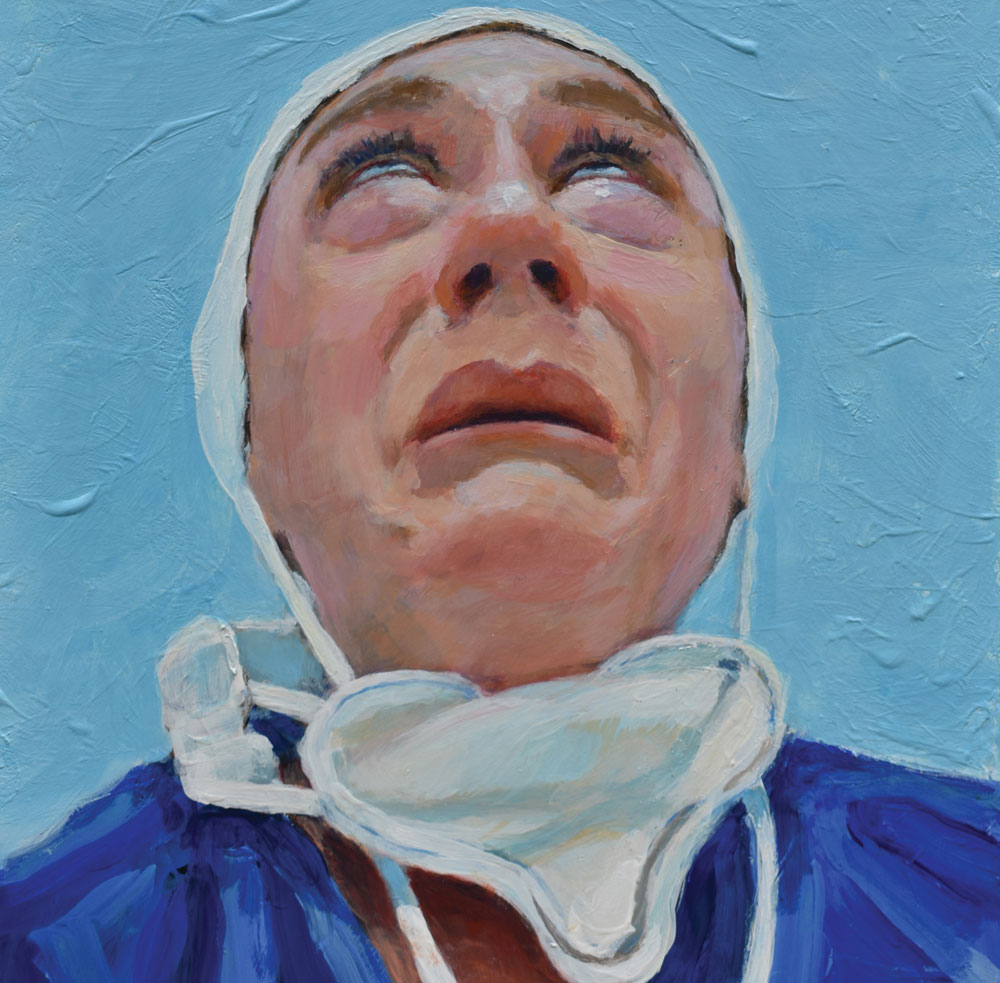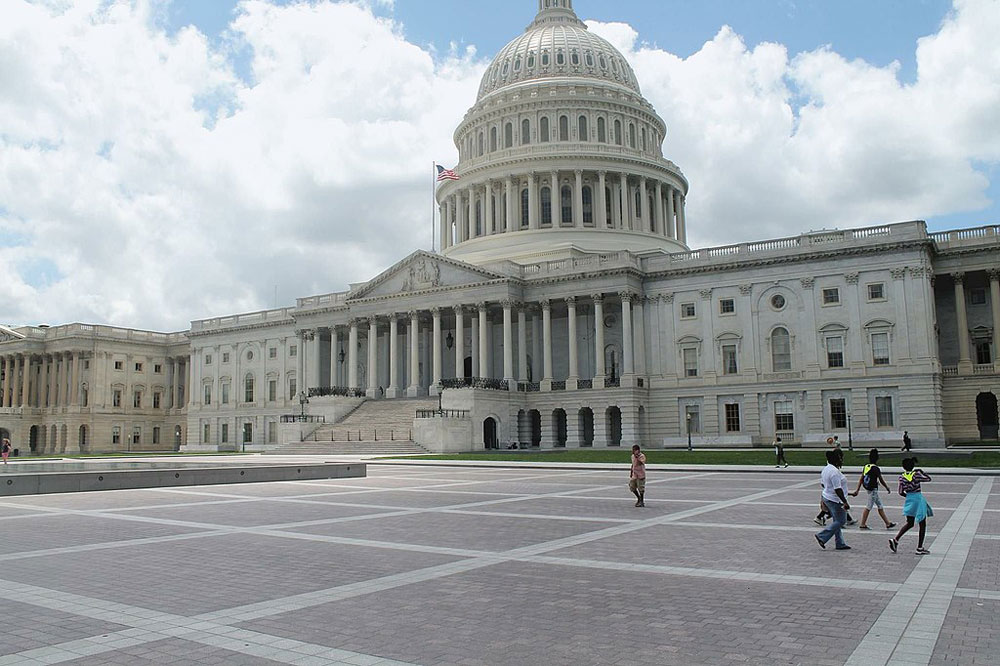November 1, 2011; Source: Mail and Guardian | A rape crisis center in Cape Town, South Africa is finding itself in severe financial straits as a result of the global economy. Founder Anne Mayne knows the toll that a real closure would have since she started the center in 1975 after she was gang-raped in a park.
“Apart from a very few friends who I told, I struggled on alone—not knowing that I had all the classic symptoms of post-traumatic stress disorder, plus rape trauma syndrome. I was in such a bad state that I nearly committed suicide by jumping out of the ninth-floor window of the office where I was working.”
The need is still very acute in that the legal and law enforcement systems are ill equipped or unwilling to prosecute cases, which are reported to have been on the rise over the past year. Rape in South Africa, as elsewhere, goes generally underreported, and this underreporting can be made worse by an unresponsive police and court system. The estimate in this article is that in the Gauteng, the conviction rate on cases brought is only 4 percent, and on the Western Cape it is 7 percent.
According to an organizational profile, “The barrier to reporting that Rape Crisis explores most deeply in our advocacy work is the rape victim’s lack of faith in the South African criminal justice system to protect her, to treat her with dignity and respect and above all to support her claim to justice and act as a deterrent to rapists.” Rape survivors “know little about the complex (justice) system before they enter it and find it almost incomprehensible at times.”
Sign up for our free newsletters
Subscribe to NPQ's newsletters to have our top stories delivered directly to your inbox.
By signing up, you agree to our privacy policy and terms of use, and to receive messages from NPQ and our partners.
The system is fragmented, with one part unlinked to the next in the overall service chain from police to forensic unit to court room, and many cases fall between the cracks and are weakened . . . The resulting culture of impunity can only drive the number of rape incidents upwards, thus seriously denying women’s right to live free from violence.
Foreign donors who have historically contributed the largest portion of the center’s budget have been falling away of late, as European donors have cut the funding for South African NGOs in general. Director Kathleen Dey says that in the past year the organization has lost four international donors, all based in Europe, leaving funding reduced by R1-million.
The Center is looking at ways to reduce costs, and has warned employees to seek alternative employment.—Ruth McCambridge













